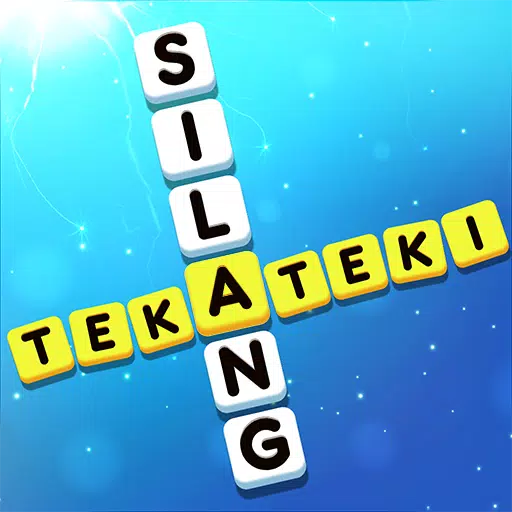The past 48 hours have been a whirlwind, especially if you're keeping up with economic news or are a dedicated Nintendo enthusiast. On Wednesday, the gaming world was rocked by the news that the upcoming Nintendo Switch 2 would be priced at a steep $450 in the U.S. Analysts attribute this high cost to anticipated tariffs, as well as other factors including inflation, competition, and the rising costs of components.
The situation escalated when, last night, the Trump Administration announced a sweeping 10% tariff on imports from nearly every country, with significantly higher tariffs targeting nations like China, the EU, Japan, Vietnam, Canada, Mexico, and many others. In a swift response, China announced a 34% reciprocal tariff on all U.S. goods this morning. Just hours later, Nintendo made the unexpected decision to postpone pre-orders for the Nintendo Switch 2 in the U.S. as they assess the impact of these new tariffs on their plans.
This unprecedented series of events is causing ripples far beyond the gaming community, leaving analysts, experts, and the public grappling with its implications. Merely 30 minutes before Nintendo's announcement, I had the opportunity to speak with Aubrey Quinn, a spokesperson for the Entertainment Software Association (ESA), to delve into the broader impact of these tariffs on the video game industry.
The ESA, like many others, is still navigating the complexities of these developments. Quinn shared that while the industry anticipated some form of tariffs due to Trump's previous actions and campaign rhetoric, the exact nature and the potential for retaliation from countries like China were harder to predict. The full impact remains uncertain, but the ESA is cautiously monitoring the situation.
Quinn emphasized that these tariffs are expected to have a negative effect on the video game industry: "We really are, at this point, just watching and trying not to have knee-jerk reactions, because we don't think that what President Trump announced this week is the end of the story, but what was announced this week and the tariffs as outlined, we do expect these tariffs will have a real and detrimental impact on the industry and the hundreds of millions of Americans who love to play games," she stated. The ESA aims to collaborate with the administration and elected officials to mitigate the damage to U.S. industries, businesses, and gamers.
The detrimental impact Quinn refers to extends beyond just the price of gaming systems. She pointed out that it's "hard to imagine a world where tariffs like these don’t impact pricing." Additionally, consumer spending is likely to be affected, which in turn could reduce company revenues, impacting jobs, research and development, and even the design of future gaming consoles. "The entire consumer ecosystem is connected," Quinn noted.
In response, the ESA is actively engaging, though it's been challenging due to the recent changes in the Trump Administration. With many new appointees, the ESA is working to establish new connections and ensure that the administration understands the potential impact on businesses and consumers across the U.S.
Prior to the tariff announcements, the ESA had already joined forces with a coalition of trade associations to express their concerns to U.S. Trade Representative Jamieson Greer. They are also seeking meetings with legislators and members of the administration to discuss these issues further.
When asked about the effectiveness of these efforts, Quinn confirmed that conversations are happening at various levels of government, including with members of the administration and the office of the United States Trade Representative. She stressed that this issue transcends the video game industry, affecting all consumer products from food to fashion to electronics.
For concerned consumers, Quinn advised reaching out to their representatives through letters, calls, emails, or social media to voice their concerns. "I think the more members of government, elected officials, and their staff who hear that their constituents are concerned, the more likely we are to be heard and to potentially make an impact," she said.
Shortly after our conversation, Nintendo announced the delay of Nintendo Switch 2 pre-orders due to the tariffs. While the ESA does not comment on actions taken by individual companies, Quinn highlighted the broader impact of tariffs on the gaming industry during our discussion. She noted the unfortunate timing of the Switch 2 reveal coinciding with Trump's tariff announcement, emphasizing that the effects would be felt across various gaming platforms, including consoles, VR headsets, smartphones, and PCs. "This is going to have an impact," she concluded, underscoring that the issue is industry-wide and affects all companies, regardless of their origin.















